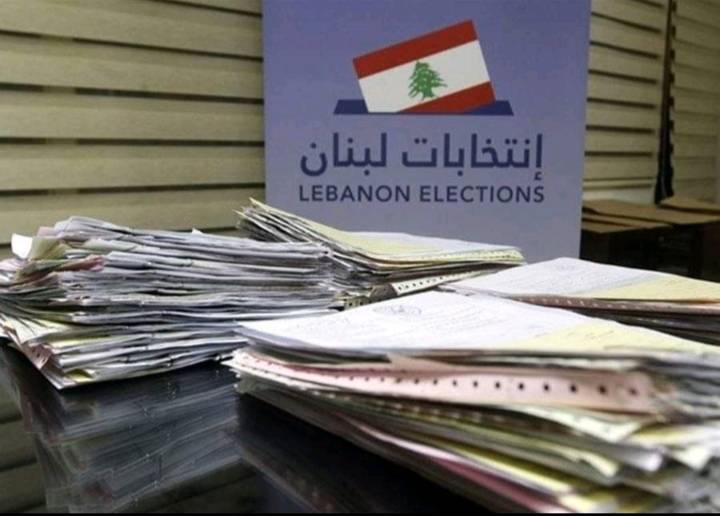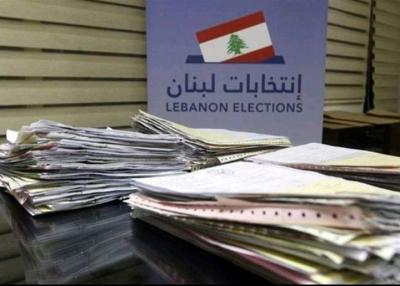Political sources believe that "the electoral battle encompasses a range of issues, some of which are financial, economic, and social, while others are political and strategically focused on the country's direction. This will elevate political issues to their highest levels, amid international interest centered on restoring balance in Lebanon in preparation for the post-election phase and the upcoming presidential election. This has begun to manifest behind the scenes through discussions about the prospects of the next phase, which may start to take shape with Pope Francis' visit to Lebanon. Meanwhile, the church's positions seem clear regarding the Lebanese people's need to choose sovereignty and change, rejecting dependency or involvement in factional politics, and agreeing on a neutral president who does not belong to one side or the other."
The sources added, via "Al-Anbaa" electronic site: "This element will significantly influence voting, just as it had a major effect in the 2005 elections. The positions expressed by Maronite Patriarch Bechara al-Rahi and Archbishop Elias Audeh of Beirut for the Greek Orthodox Church regarding the necessity of engaging in a quest for change and preserving Lebanon as a united entity, as well as focusing on Islamic-Christian coexistence, are essential. This was emphasized in the 'Document on Human Fraternity' signed between the Vatican and Al-Azhar."
The sources pointed out that "the same will dominate the Sunni arena, especially following Grand Mufti Abdellatif Deryan's call for the Lebanese to participate heavily in voting and to avoid the risks of boycott. It is clear that such calls will increase in frequency in the coming days, especially since every vote will have an impact in this battle and its results."




